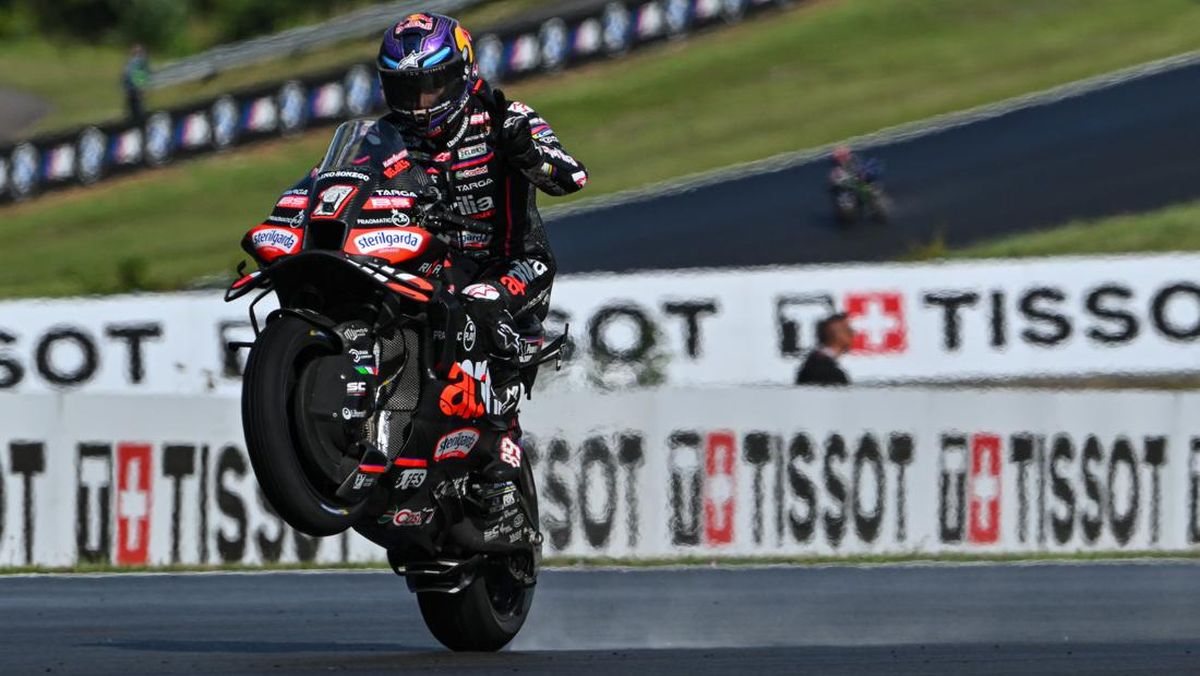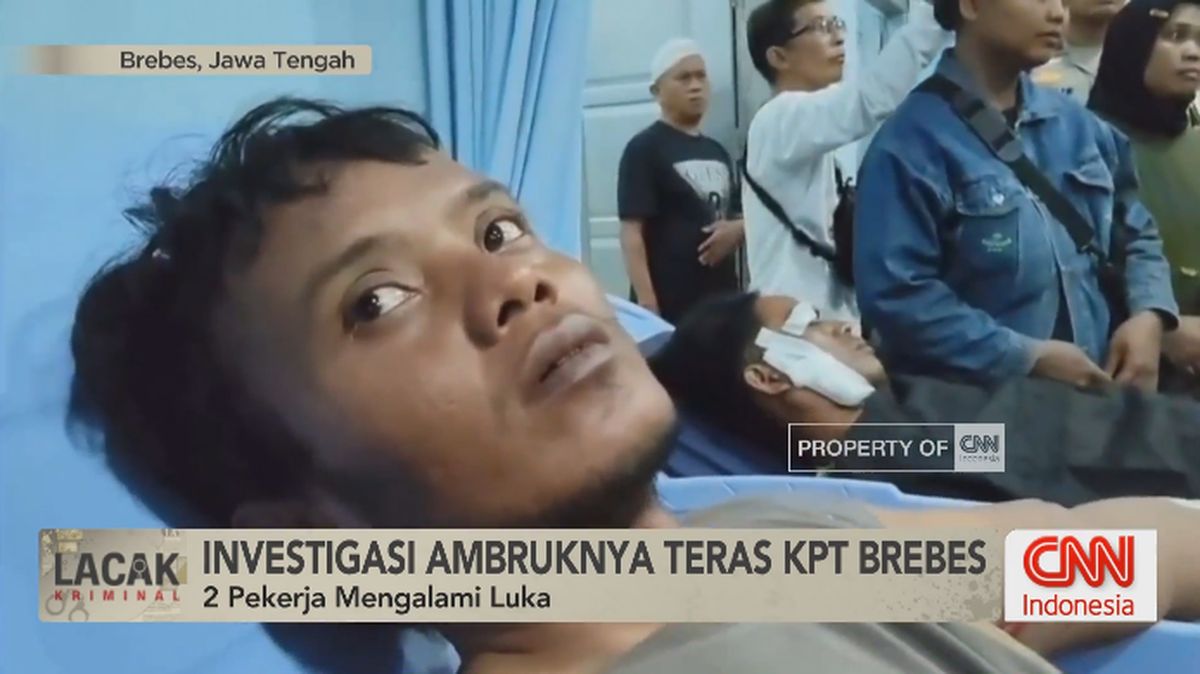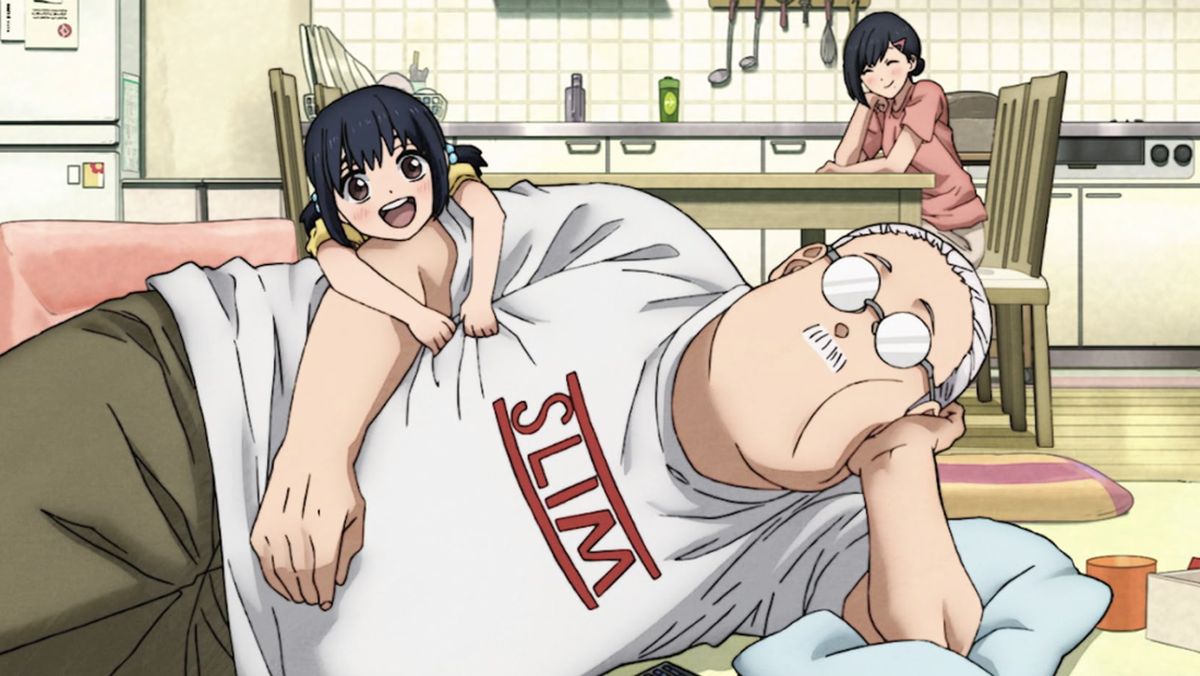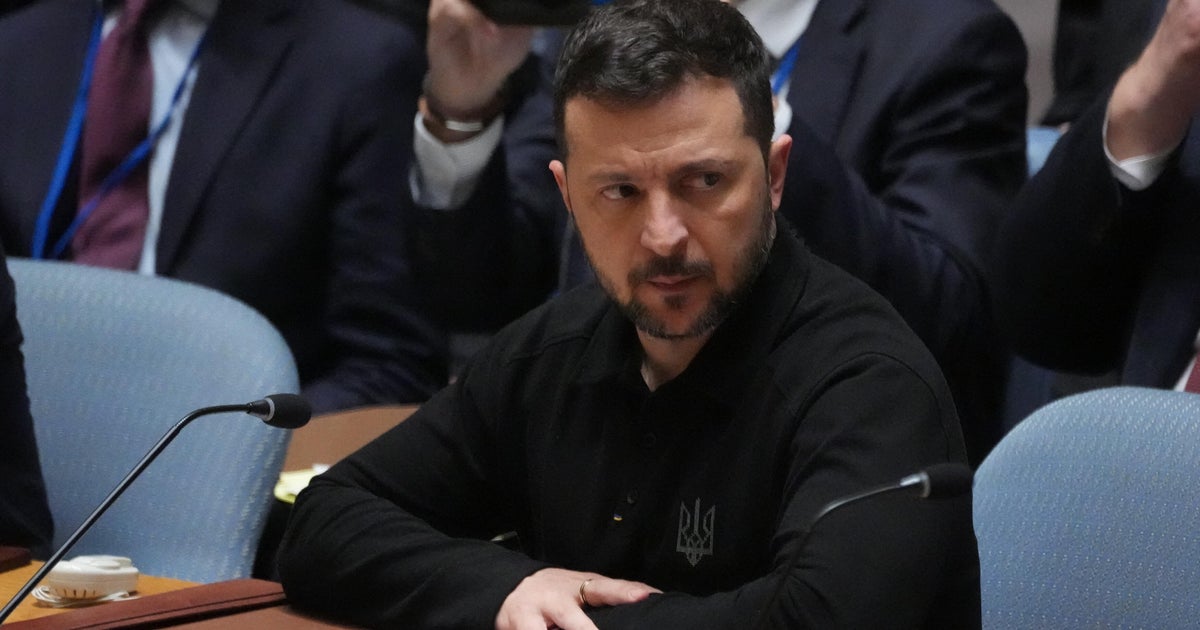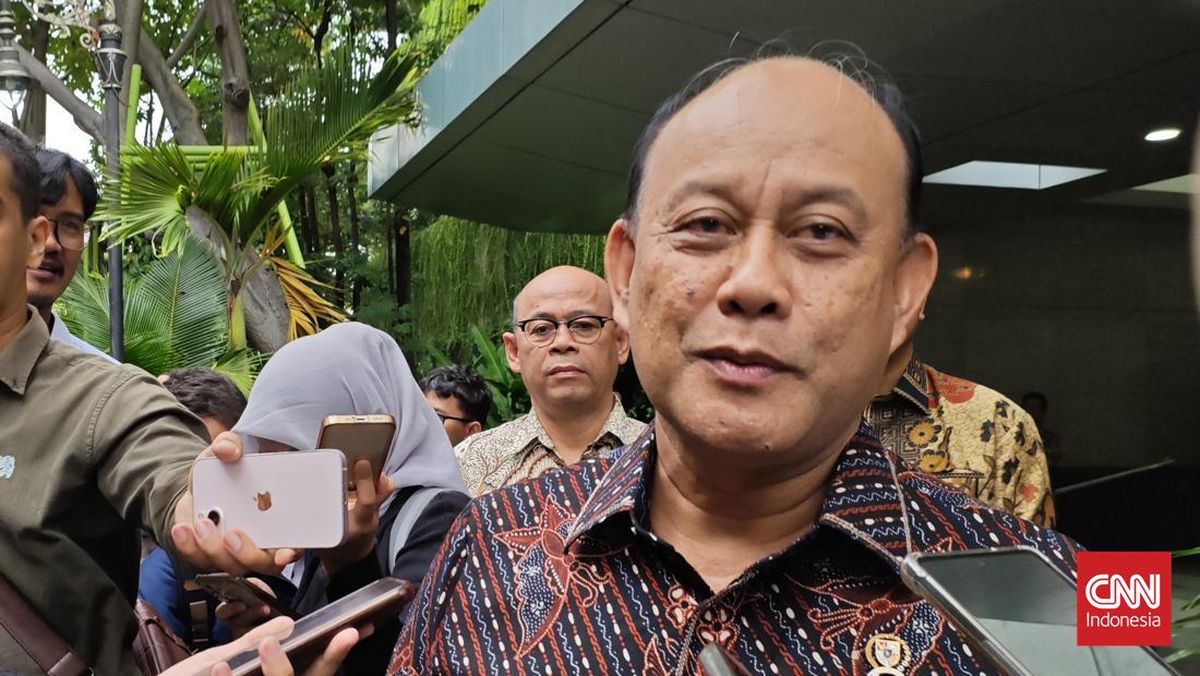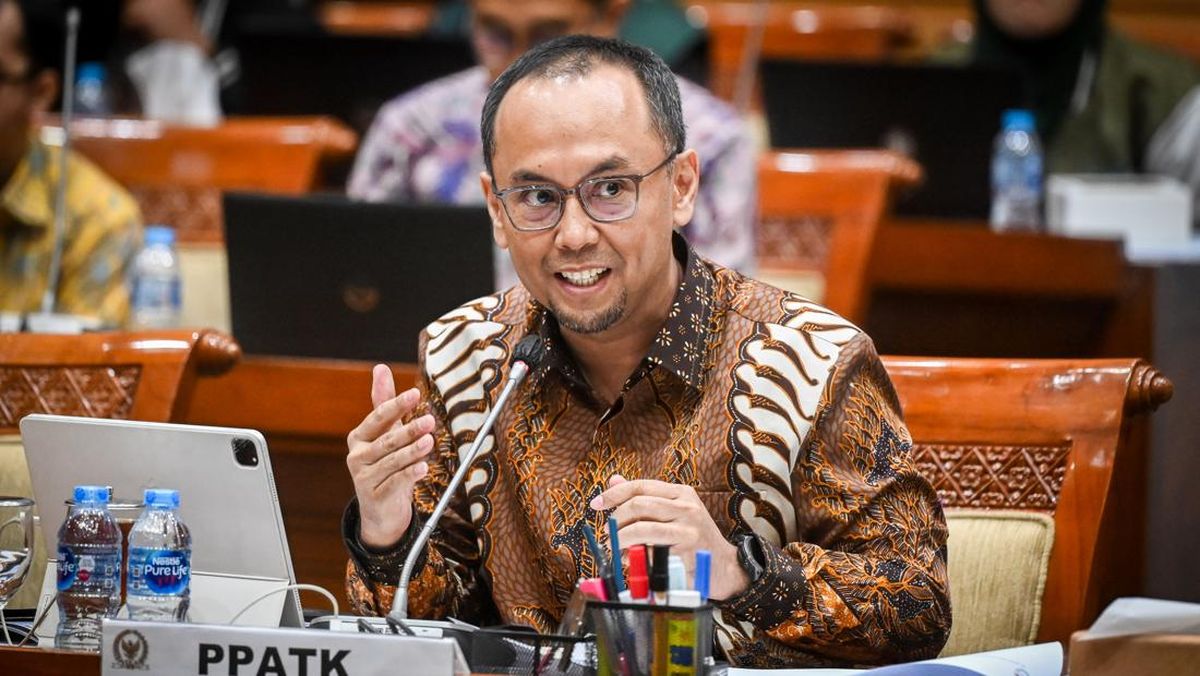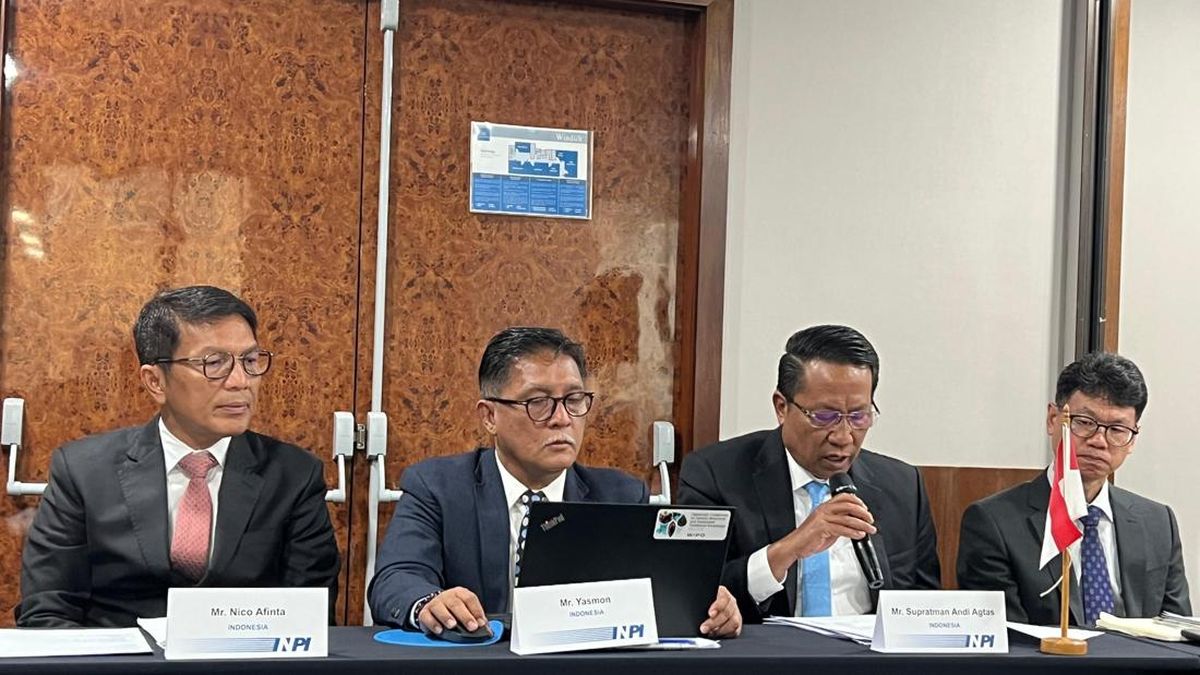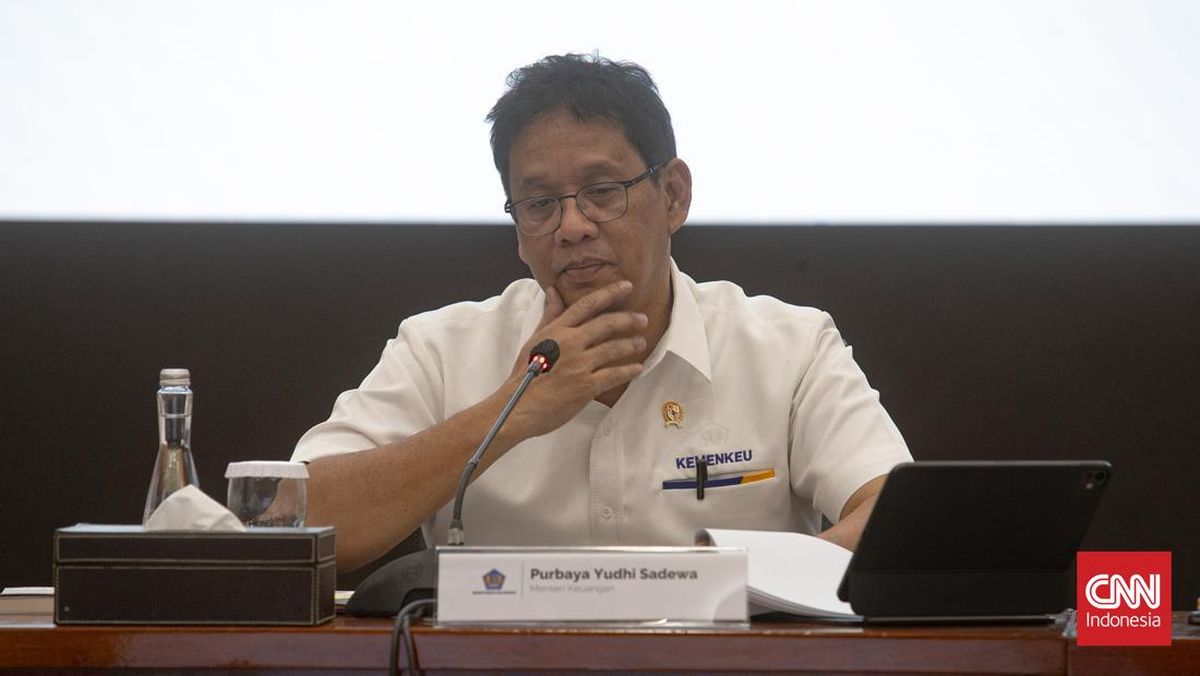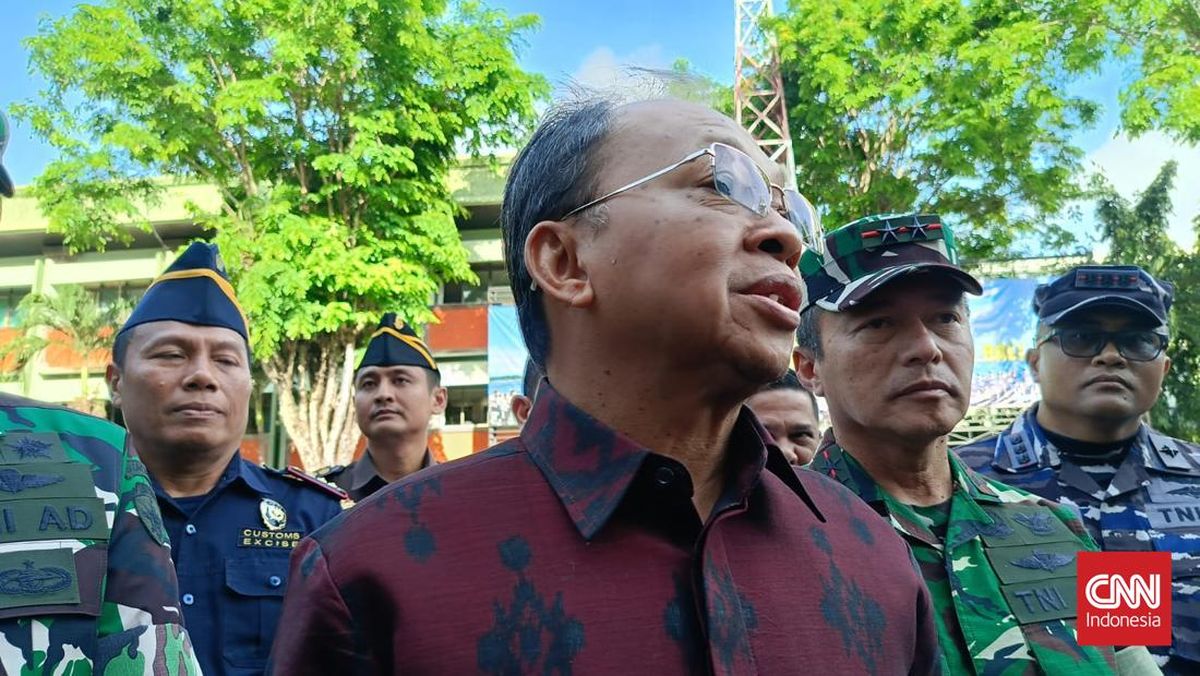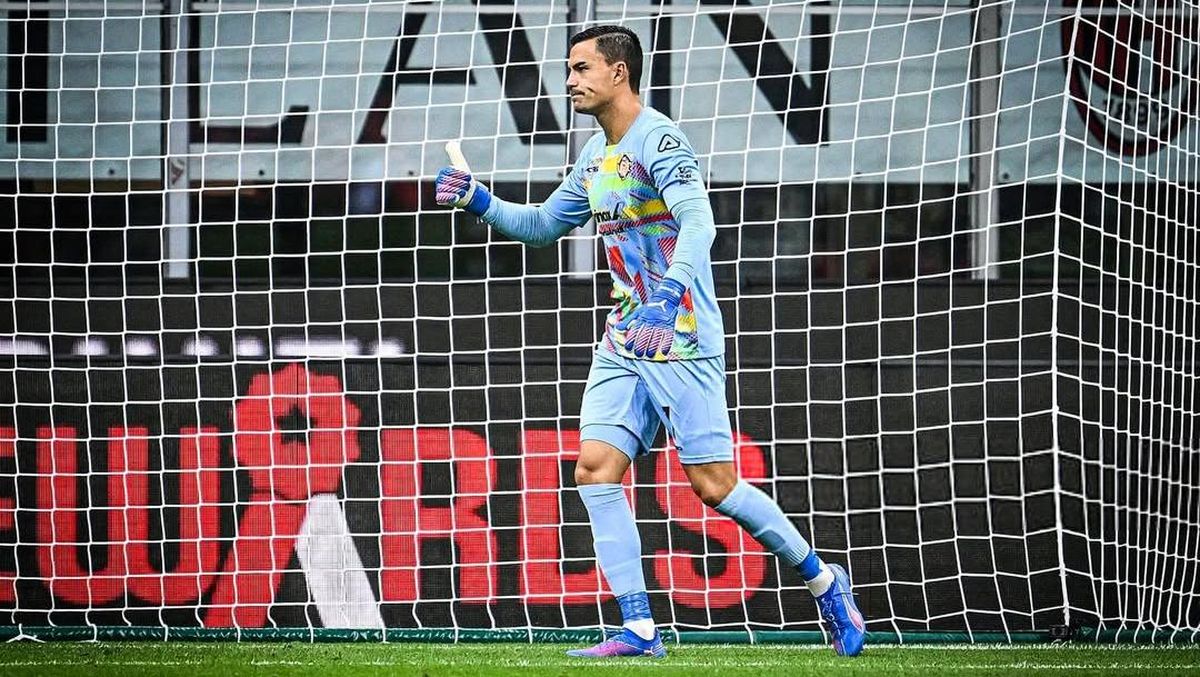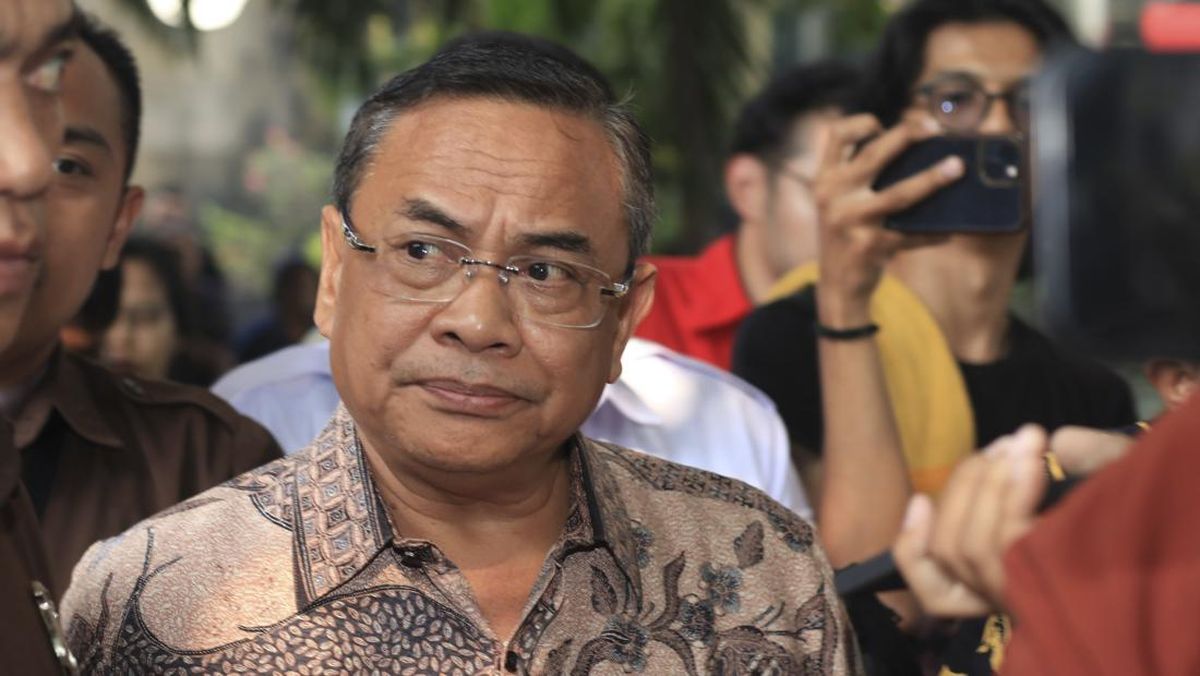By the time the final motion was put to delegates at RSL NSW’s annual congress last year, the mood on the high table was bleak. The state’s largest ex-servicemen’s organisation needed urgent reform. But motion after motion put by the board had been voted down by the crowd of mostly grey men who filled the convention centre.
Running the meeting was RSL NSW president Mick Bainbridge, fresh from a bruising conflict with the former chair that ended in her resignation, and allegations that he had overcharged veterans in his private legal practice (which he denies). But the delegates were more concerned by what seemed to them an underlying agenda to castrate their local sub-branches and centralise money and power in the headquarters at Anzac House.

RSL NSW faces a relevance crisis, with over $1 billion in assets spread across the sub-branches but little revenue of its own to spend on administration.Credit: Matthew Absalom-Wong
“I should say to you, ‘Vote against this motion,’ because that’s probably what you’re going to do,” RSL NSW director Paul James said in his preface to the motion.
“But if you vote for this, I can guarantee that Giles Hurst the CEO and Mick are going to put $2000 on the bar ... for you.”
A low note of laughter rippled through the room, but others speaking later were incredulous that James and Bainbridge had resorted to offering sweeteners, even if only in jest. “I thought, ‘Come on mate, we’re running a multimillion-dollar organisation here, not a chook raffle’,” a delegate from the bush remarked.
Bainbridge’s election to the presidency in 2023 promised to reinvigorate a moribund RSL NSW as it rebuilt from the Bergin Inquiry, which found credit card misuse, cover-ups, cronyism, ineptitude and conflicts of interest in the organisation’s senior ranks. As a former commando who had served on five overseas deployments and spoken openly about his struggle with PTSD, Bainbridge understood the pressing issues faced by younger veterans struggling to reintegrate into civilian life. RSL NSW was seen by many vets as old, archaic and tainted by its association with poker machines. It desperately needed a brand overhaul, and Bainbridge was the ideal figurehead for the modern era.

RSL NSW president Mick Bainbridge is at the centre of a new controversy involving the organisation’s charitable trust.Credit: Sitthixay Ditthavong
Two years later, the brand is in shreds and grassroots members despair of the organisation’s ability to turn around its decline. Many of those who voted for Bainbridge have come to question his suitability for the role, following a series of tit-for-tat bullying claims and concerns over how he has managed conflicts of interest. These were brought into absurd relief last month when he filed legal action against the organisation he leads, putting at risk a real estate transaction that is the only thing saving RSL NSW from bankruptcy.
The board of RSL NSW has resolved to call a joint meeting with the District Presidents’ Council, which represents the sub-branches, and vote on whether to sack Bainbridge and his key ally, Paul James, for alleged breaches of the RSL charter, conflicts of interest policy and code of conduct. Bainbridge and his allies have framed the motion as an abuse of internal processes to silence him – and by extension, the members. They dispute the alleged breaches.
Whatever the result, the state’s largest ex-serviceman’s group faces a bigger showdown before the next year is out. RSL NSW faces a relevance crisis, with over $1 billion in assets spread across the sub-branches but little revenue of its own to spend on administration. Its network of more than 300 largely autonomous sub-branches is difficult to administer, and their assets unevenly distributed. A handful of sub-branches are wealthy and thriving, while around 40 per cent operate at a loss.
An internal audit in June reported that one sub-branch in New England closed without telling RSL NSW, after all but one of its members died. Other sub-branches had been defrauded by their treasurers, or ripped off in financial arrangements with their affiliated licensed clubs – the RSL clubs that are sometimes confused with the sub-branches, which operate as veteran charities. These deals ranged from non-commercial lease terms to a sub-branch taking out a $50,000 fixed term deposit to pay for a staffer at the licensed RSL club.
“I thought, ‘Come on mate, we’re running a multimillion-dollar organisation here, not a chook raffle’.”
An RSL NSW delegate from the bush.RSL NSW has been quietly developing plans to centralise financial control of sub-branches at Anzac House, knowing that such a plan will be dynamite in the membership unless the messaging is carefully managed.
Leaked documents obtained by the Herald show that under management’s proposed operating model, which is yet to be approved by the board, all sub-branch assets would be consolidated at RSL NSW to achieve economies of scale, and the sub-branches would receive funding of around $365 per member. They would not be able to employ staff, their expenditure would be tracked and reported, and funds raised locally would be submitted to head office before being allocated back to their accounts.
At least one sub-branch is already seeking legal advice on what options would be available to it if Anzac House took over its assets. “We are willing to spend money to protect our assets and go to seriously large lengths to ensure that doesn’t happen,” a sub-branch committee member said.
The obligation for RSL NSW to ensure that its scarce resources are spent on veteran welfare was noted by the 2017 Bergin Inquiry, which was scathing of the old guard for putting their personal interests ahead of those returning from combat. To reduce the chances of the board reverting to factionalism and protection rackets, independent directors were introduced, and the position of president became that of a spokesperson, with no greater or lesser powers than any other director.

RSL NSW director Sophie Ray resigned from the chair four months before her term expired.Credit: Business News
Early during Bainbridge’s presidency, it became apparent this was not how he saw the role. Instead, he was able to capitalise on his connection with NSW Premier Chris Minns to run policy without seeking board consensus. In January 2024, he successfully lobbied Minns to have an Anzac Day rock concert moved out of the Domain, and three months later, he broke from longstanding RSL neutrality to support the premier’s ban on Anzac Day retail trade, each time drawing a rebuke from the then chair Sophie Ray.
However, Bainbridge was supported in his endeavours by his allies on the board, chief among them his business partner James, who had known Minns since Young Labor and whose father, Ray James, was the immediate past president and continued to hold senior positions in the RSL. The chair’s attempts to bring Bainbridge to heel were frustrated by the positive attention he was bringing to the RSL, regardless of whether it reflected the considered position of the board, and she was brushed off by his allies as a stickler.
Sophie Ray was also concerned that Bainbridge and James might have conflicts of interest with their day job as solicitors representing veterans and sub-branches, potentially in dispute with RSL NSW. She wanted Bainbridge to list his clients on the standing conflicts of interest register, a proposal he resisted because he said it was not necessary unless there was litigation involving RSL NSW. Tension built to the point where they could no longer occupy the same board, and Bainbridge had stronger support from the powerful District Presidents’ Council. In October, she resigned, but not before filing an internal complaint, and with it the seeds of the current upheaval.
It was now a year into Bainbridge’s presidency, and pockets of discontent were beginning to emerge. Chief among these was the North Bondi RSL, a wealthy sub-branch that, after a period of troubled governance, had reoriented its focus from cheap chicken schnitzels to veterans in crisis, resulting in the immediate resignation of about a third of its members, followed by a much bigger surge in registrations.
It currently has the youngest, largest and fastest-growing membership in NSW, and nearly all its 750 members have served in active combat over the last two decades.
For an organisation struggling to maintain relevance, it was the kind of sub-branch that RSL NSW might have been expected to cultivate and support, yet its interactions with Anzac House suggested it was viewed as a threat.
Since 2023, North Bondi had been trying to employ a social worker to lift some of the burden on its volunteers, but it needed permission from RSL NSW to spend more than $50,000, and this request was repeatedly stonewalled.
At the same time, its members were upset by Bainbridge’s support for the inaugural Middle East Area of Operations Commemoration service on July 11, which was the date that Australia pulled out of Afghanistan in 2021 and remembered by many veterans with pain and shame.
In mid-June, North Bondi RSL executive committee member Josh Farquhar emailed all sub-branches seeking their views on the date “with a view to potentially addressing the matter with RSL NSW, if it proves that there is sufficient support for these concerns to justify such escalation”. The RSL responded by accusing him of unauthorised communication and cutting off the sub-branch’s access to the server.

The 2022 Anzac Day service at North Bondi RSL, the fastest growing sub-branch in the league.Credit: Getty
It was an incendiary action for a sub-branch already feeling resentful about its inability to hire a social worker, and depleted respect for Anzac House among its members. At a subsequent meeting with representatives from the RSL, Bainbridge said he would only allow the blockage to be lifted if RSL NSW was allowed to vet the sub-branch’s emails before they were sent. Farquhar said Bainbridge threatened to injunct North Bondi if the sub-branch did not consent to him doing this.
“It severely damaged our trust in RSL,” Farquhar said.
“We had assumed that Mick Bainbridge and [CEO] Giles Hirst cared about veterans, but then they were blocking us from providing welfare support while we were responding to suicide situations every day. There was no proper explanation.”
Loading
Bainbridge agreed that his interaction with Farquhar was hostile.
“What I kept pointing out to him was, ‘If you’re so aggrieved by the day [chosen for the Middle East commemoration], why don’t you talk to your president who voted for it?’” Bainbridge said.
“As angry as he was and unreasonable, I wanted to hear what he had to say, but he got too aggressive.”
Other sub-branches were also feeling alienated by the drama at Anzac House. A senior member of a different Sydney sub-branch, who asked not to be identified based on the repercussions suffered by others, said recent developments had made it harder to get recruits.
“It detracts from my ability to attract younger veterans who say, ‘Look at this shit show, why would you want to be part of that organisation?’ That’s the way that we’re seen in the public eye, and the way we’re infighting is really damaging our ability to do our core job. If we don’t change our trajectory, [the RSL] will be dead in 20 years.”
The demise of RSL NSW appeared considerably more imminent before a Sydney developer took out an option to buy Hyde Park Inn and an adjoining property for $95 million in 2020. At the time, RSL NSW had less than five years until its cash was depleted. It now intends to invest the proceeds and survive on the income stream.

NSW RSL president Mick Bainbridge (left), Premier Chris Minns and Paul James, NSW RSL board member and Bainbridge’s business partner.Credit: Facebook
But a dispute arose over the settlement terms last year and developer Central Element filed legal proceedings against RSL NSW. While lawyers worked over the contract, Bainbridge and James came up with a new scheme to fast-track the centralisation of sub-branch assets without needing to fight the membership.
Most of RSL NSW’s assets were tied up in the Anzac House Trust, which was established in 1949 to provide office space for RSL NSW and is chaired by Bainbridge as RSL NSW president. As James later expressed in correspondence seen by the Herald, if it transpired that Anzac House Trust, and not RSL NSW, was entitled to the proceeds from the Hyde Park Inn sale, the ramifications for RSL NSW would be so significant that the government would need to hold an inquiry. That could bring about legislative reform, including the centralisation of assets, and in his ideal scenario, all property held by the sub-branches would go to Anzac House Trust.
When Bainbridge first raised with the RSL NSW board the possibility that Anzac House Trust might have a claim on the Hyde Park Inn, directors panicked. Chair Louise Sullivan asked Bainbridge to disclose what information he had to suggest the property was not owned outright by RSL NSW.
“This … clearly may have very serious financial or other impacts on RSL NSW if there is any basis to the HPI ownership being under legal question, particularly with us being amid litigation in regards to the sale of that asset,” she wrote.
Bainbridge, in turn asked RSL NSW to hand over its historic minutes and financial documents for review, which RSL NSW declined to do without knowing the basis of the request. By early August, both sides had retained lawyers.
It was during this stalemate that, on August 12, RSL NSW received legal advice on how it should respond to the findings of the investigation into Sophie Ray’s complaint against Bainbridge and James. The complaint had been finalised in late June with some recommendations around governance and workplace training. But James subsequently made comments that CEO Giles Hurst felt exhibited the behaviour he had been seeking to address, prompting Hurst to withdraw the recommendations and obtain further legal advice.
Whatever the content of that advice, the board resolved on receiving it that they would recommend to the district presidents at a meeting planned in two days’ time that Bainbridge and James be immediately removed from the board. But on the intervening day, Bainbridge filed legal action against RSL NSW on behalf of Anzac House Trust seeking access to the historic minute books.
For several hours, the board dithered. The Anzac House Trust proceedings were unconnected to any cause for Bainbridge’s dismissal, but they feared the court would see a move to remove him as strategic, and possibly in contempt. To avoid doubt, they dropped the motion.
Bainbridge, however, posted a message on social media announcing that he had been forced to take legal action against RSL NSW due to its refusal to hand over the books, and describing the organisation as “combative”. RSL issued its own communiqué refuting the suggestion that it had refused to hand over the documents, which it said it was happy to provide in digital form.
Bainbridge then upped the ante in a formal letter to members on September 11, accusing the board and management of RSL NSW of many behaviours previously alleged of him – bullying, conflicts of interest and surreptitiously attempting to centralise sub-branch assets – and promising to defend their rights against a hostile organisation. (James told the Herald last week that he and Bainbridge no longer supported the centralisation of assets, as he now believed the model was based on flawed financial assumptions.)
“My commitment to you is unshaken,” Bainbridge wrote. “I will continue to serve with honesty, with courage and with an unbreakable belief in the long-standing values of the League.”
While some members were appalled by the public squabbling, many others rallied behind Bainbridge. The board was exasperated. “The gloves are off,” a senior manager said. A day later, RSL NSW informed members that it had resolved to refer Bainbridge and James to the District Presidents’ Council to vote on their dismissal and would discuss the damage that had been done to the organisation at its next board meeting on September 22. The board would need to secure a 75 per cent majority to remove Bainbridge and James as directors, with a high risk of mutual destruction.
James has already put the organisation on notice that he may take action over what he described as an unsafe workplace, a week after the board received legal advice on the investigation into his conduct. He claimed that “certain Chairs”, directors and executives had bullied and victimised him – a disabled veteran – and weaponised internal governance processes.
Lawyers for Bainbridge and James also wrote to RSL NSW on Friday, accusing the acting chief executive Trina Constable of reopening the complaint after her predecessor had decided in June not to take further action in relation to it, which they claimed was “retaliatory” in nature. They reserved their rights to take further action if the RSL NSW breached its undertaking not to release the investigation report or any legal advice to a third party.
James and Bainbridge say that if the vote to remove them from the board fails, then Constable and the chair Louise Sullivan will have to go.
“The members are behind me,” Bainbridge said.
“The board are so disconnected from the membership, that’s why they want to take over their assets. But regardless of what happens on that board, I will still be part of the membership. This isn’t a CV stocking stuffer.
“I’ve done this role as a volunteer, I’ve done it with the best intentions and with the membership always front of mind.”
The board will decide with the District Presidents Council on Thursday whether to put Bainbridge and James’s positions on the board to a vote.
The Morning Edition newsletter is our guide to the day’s most important and interesting stories, analysis and insights. Sign up here.
Most Viewed in National
Loading

